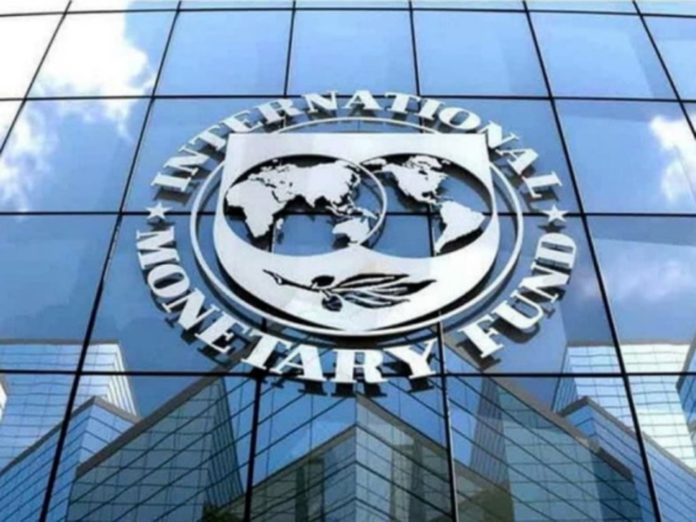The Board of the International Monetary Fund (IMF) has scheduled July 7, 2025, to consider Ghana’s fourth programme review in Washington, D.C., USA, according to information obtained by JoyBusiness.
Sources familiar with Ghana’s ongoing programme with the IMF say the government has met almost all the necessary conditions for the Executive Board to proceed with its review.
All required documentation has reportedly been submitted this week, enabling the Board to meet the minimum four-day review window before the scheduled meeting on Monday, July 7.
The review follows a staff-level agreement reached in April 2025 on the fourth assessment of Ghana’s economic programme under the Extended Credit Facility (ECF).
Impact On Ghana’s Economy
According to sources, the IMF Board is expected to approve the fourth review, paving the way for the disbursement of US$370 million, which could reflect in the Bank of Ghana’s account by July 11, 2025.
If disbursed, this amount will bring total IMF disbursements to Ghana under the ECF programme—signed in May 2023—to more than US$2.3 billion.
Some analysts say the inflows will likely boost Ghana’s international reserves by the end of July. The country also expects an additional $360 million from the World Bank within the same period to support economic recovery.
IMF Programme Targets
Ghana’s economic programme under the IMF’s ECF arrangement aims to:
-
Restore macroeconomic stability
-
Ensure debt sustainability
-
Lay the foundation for higher and more inclusive growth
A key target of the programme is to reduce Ghana’s debt-to-GDP ratio to 55% by 2028.
However, recent data from the Bank of Ghana indicates that this goal has already been achieved. As of April 2025, the country’s debt-to-GDP ratio had declined to 55%, aided largely by the cedi’s sharp appreciation against the US dollar.
Commercial bank data shows that the cedi has appreciated by over 40% since the beginning of 2025.
President John Mahama, speaking at a recent engagement with the African Development Bank in Ivory Coast, disclosed that the cedi’s gains had led to a ₵150 billion reduction in Ghana’s total debt stock.
Another key target Ghana has met is foreign reserves. According to the Bank of Ghana’s May Economic Report, the country’s international reserves stood at $10.6 billion as of the end of April 2025. This represents 4.7 months of import cover, a significant improvement compared to previous post-programme levels.



